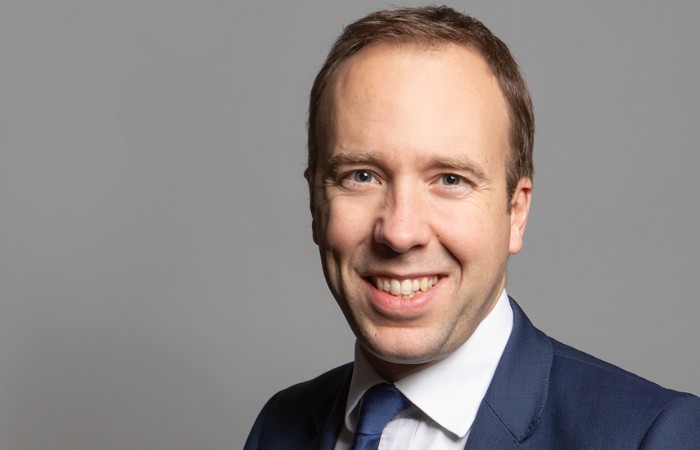Hancock blames NHSE for community pharmacy’s initial Covid life assurance exclusion
In Health & NHS news
Follow this topic
Bookmark
Record learning outcomes
The former health secretary Matt Hancock yesterday told the Covid inquiry that NHS England was to blame for the decision to initially exclude community pharmacists from the life assurance scheme during the pandemic and played down suggestions the Treasury might have been responsible.
The scheme, which made a £60,000 payout available to the estate of a healthcare worker who died from the virus so long as they met the criteria, was introduced by the Conservative government on April 27, 2020.
At that point, pharmacists in a hospital and GP setting were included but community pharmacists were not. Three days later, on April 30, Hancock said they would be included.
When asked during the inquiry why community pharmacists were not initially included in the scheme, Hancock (pictured) said: “I’m going to give you the brutally honest answer to this, with some trepidation…the pharmacy contract is managed by NHS England. In order to maximise taxpayer value for money, NHS England is by tradition really very tight on pharmacists. I am a big supporter of community pharmacy.
"And there is therefore inbuilt into NHS England senior management a lack of enthusiasm for giving more to community pharmacists than they absolutely have to and that’s born of the fact that their main relationship is a contractual negotiation. And that, I think, is probably the reason they did it this way.”
It was put to Hancock that community pharmacists were not initially included because it had not been agreed by the Treasury and had nothing to do with NHS England.
Hancock: I wasn’t aware it was a Treasury decision
When asked if he was aware the decision to include pharmacists in GP surgeries and hospitals but not in community might have been a Treasury-related decision, Hancock said: “I wasn’t aware of it but in the dynamic of how hard we pushed, that will have been the last thing on the list I would’ve thought from an NHS England point of view.”
It was put to Hancock that, according to evidence given to the inquiry by the National Pharmacy Association, the three-day wait was “demoralising and demotivating” for community pharmacists who felt they were being treated “as an afterthought.”
In response, Hancock said: “My impression of the system, and if there’s a Treasury element to this as well then…I wasn’t aware of that or, at least, I don’t recollect it. But my sense was that the system was not looking after community pharmacy enough. That was my feeling and hence, I changed it as soon as I could.
“That is a classic of how decisions get put together in those situations. You become secretary of state and you think ‘my god, I’m responsible for a £150 billion budget’ and you find there’s all sorts of constraints on what you can do because others have different views and attitudes. This is an example of that.”
Outgoing NPA chief executive Paul Rees said it was “evident during the pandemic” that community pharmacies were being “treated as second class citizens within the healthcare system.”
“It is scandalous…and is still playing out today in the form of chronic underfunding,” he said. “The consequences are clear for all to see in terms of pharmacy closures and poor morale in the sector.”
Referencing the NPA’s ballot in which the majority of its members voted to reduce their services if Labour fails to improve pharmacy funding, Rees said: “Government and NHS England need to fix the immediate financial crisis and recast community pharmacy in their minds, as a valuable partner in fixing long-standing NHS challenges, not as a cost centre.”
NHSE has been contacted for comment.
Image: www.parliament.uk

